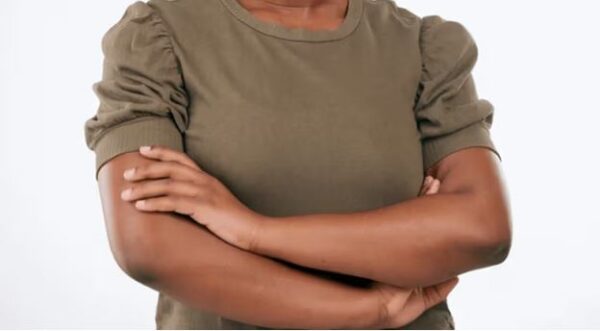Lifestyle
What do crossed arms mean? 4 hidden meanings behind this body language

A crossed arm is part of body language, and it is a powerful tool for communicating emotions and reactions without words.
It includes facial expressions, gestures, posture, and even voice tone.
You can use body language for effective communication and building connections. Crossed arms mean many things, but here are four things:
1. Protection
Crossing arms is a subconscious act of protection that creates a physical barrier between a person and their environment.
Crossed arms can be a sign of feeling defensive or uncomfortable, like putting up a wall. This self-soothing process offers comfort and assurance under difficult circumstances.
2. Calculation
Crossed arms signify a thoughtful and analytical mindset, especially when paired with a relaxed or neutral facial expression. That’s why many LinkedIn profile pictures have people with their arms crossed.
This stance signifies a momentary detachment from external stimuli, allowing the individual to focus on their thoughts rather than reacting to the external environment.
3. Discomfort
Crossed arms, while commonly linked with defensiveness, can also represent emotional distress or turbulence. They may imply emotional turmoil, uncertainty, or anxiety.
Crossed arms can be a way of putting up a wall and keeping our emotions at bay.
4. Disagreement
Crossed arms during a conversation might suggest disagreement or opposition. Folding one’s arms during a conversation or listening to another person may show disagreement or scepticism about what they are saying.
Other signs of disagreement in addition to crossed arms include narrowed eyes or a tilted head.










